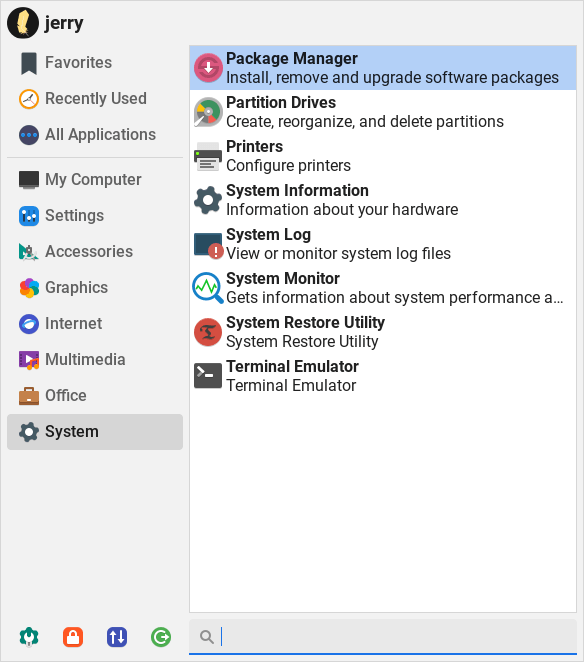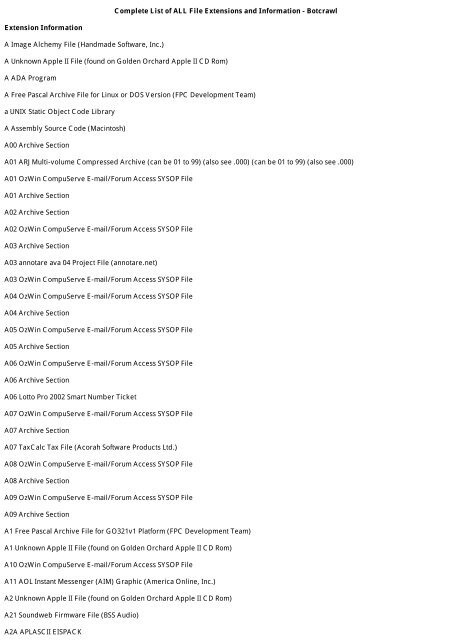

Originally in seven stanzas, Draper's translation was published with the tune LASST UNS ERFREUEN in the Public School Hymn Book (1919).

Clifton, Bristol, England, 1933) translated–or rather paraphrased–the text (which appears in virtually all English hymnals) for a children's Whitsuntide (Pentecost) Festival in Leeds, England, around 1910. Kenilworth, Warwickshire, England, 1855 d. Legends about Francis abound, and various stories, prayers, and visions are attributed to him. Other young men joined him, and Francis founded the order named after him the Franciscans were approved by the Pope in 1210.

He restored run-down chapels and shrines, preached, sang devotional "laudi spirituali" (adapted from Italian folk songs), and helped the poor and the lepers. The son of a wealthy cloth merchant, Francis led a carefree, adventurous life as a youth, but after an illness and a pilgrimage to Rome in 1205, he voluntarily began a traveling life of poverty. But his whole life was one of service to God and humanity. Francis of Assisi is universally known for preaching to the birds and urging them to praise God. Originally in Italian ("Laudato sia Dio mio Signore"), the text is known as the "Song of All Creatures" and as the "Canticle of the Sun." The text is a meditation on Psalm 145 (although it also reflects Psalm 148 as well as the Canticle of the Three Young Men in the Furnace-an apocryphal addition to Dan. Assisi, 1226) wrote this nature hymn during the summer of 1225 in the seclusion of a hut near San Damiano, Italy. Virtually blind and unable to endure daylight, St. *Or, “All creatures of our God and King, / lift up your voice and with us sing” Source: Voices Together #81 The flow’rs and fruits that in thee grow, O sing ye, O sing ye, alleluia, alleluia, alleluia!


 0 kommentar(er)
0 kommentar(er)
